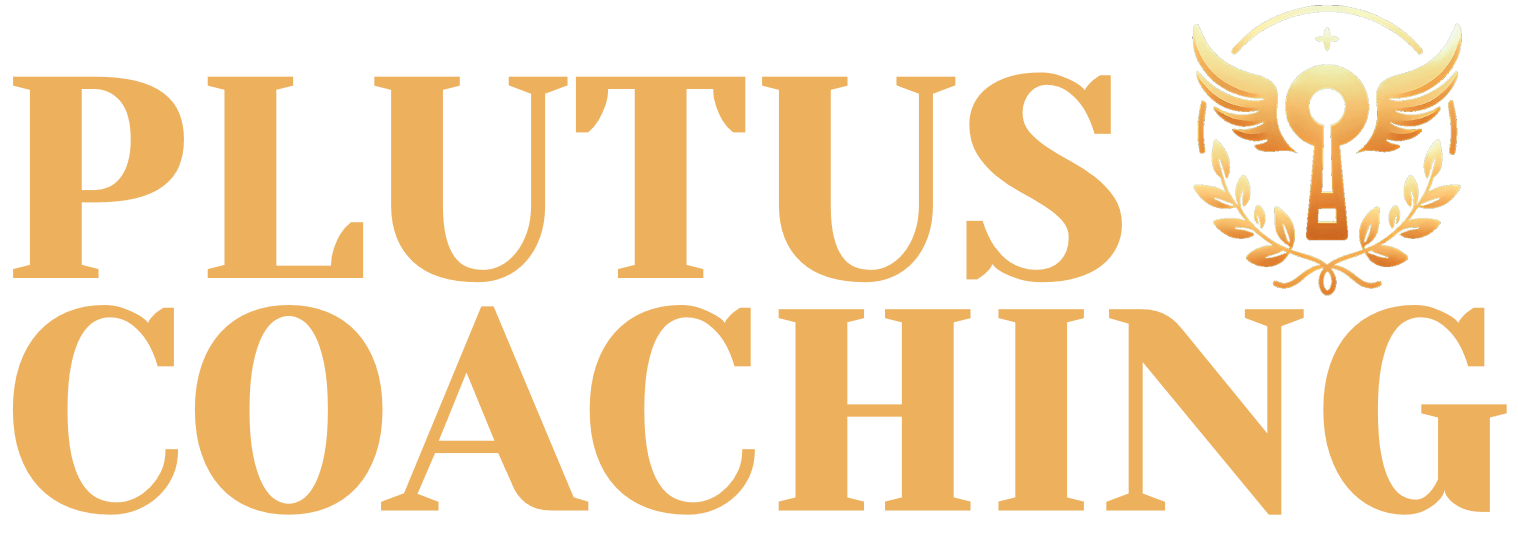In today’s hectic world, it’s easy to get caught up in the daily grind and lose sight of what truly matters. But the good news is that you don’t need a complete life overhaul to enhance your well-being. Just a few simple actions can make a significant difference in your quality of life. Here are seven easy actions you can take today to improve your life:

1. Take a 10-Minute Walk
Starting your day with a brisk 10-minute walk can do wonders for both your physical and mental health. Research indicates that a regular walking routine can increase life expectancy, improve mood, reduce blood pressure, and even lower the risk of various illnesses .
What does research says:
- A study published in the Journal of Sport and Health Science found that incorporating the equivalent of a daily 10-minute brisk walk into the routines of inactive men and women aged 60 and above was associated with an average increase of 0.9 extra years lived for women and 1.4 years for men, but don’t wait till your over 60 start now.
- A meta-analysis published in the British Journal of Sports Medicine found that just 11 minutes a day of brisk walking was enough to reduce the risk of a range of illnesses, further encouraging us to get moving, even for short bouts.
- A study published in The Journal of Human Hypertension showed that completing three 10-minute walking sessions at moderate intensity over three hours resulted in a significant reduction in systolic blood pressure after the third session.
How to get going:
- One way to easily incorporate this into your day is to take a walk during your lunch break.
- If you have a dog, try walking them a little farther than you normally do.
- When running errands, try parking farther away from your destination and walk briskly to get in those extra steps.
- Many people find that walking helps them clear their head and destress. For example, in a week-long experiment, one person walked for 10 minutes every morning after having a cup of coffee. They found that this simple routine helped them build mental resilience and had a profound impact on their stress levels, creativity, and overall mood.
Possible challenges:
- Shorter walks may not provide sufficient time to warm up properly before increasing the intensity of the walk. This can potentially increase your risk of injury.
- While any amount of exercise is beneficial, 10 minutes of walking may not be sufficient to create significant physiological changes for some people.
Resources:

2. Drink More Water
Staying hydrated is essential for overall health and well-being. Experts have found that drinking more water can aid in weight loss, reduce kidney stone risk, help prevent migraines, aid blood sugar control, and reduce the risk of urinary tract infections and hypotension (dangerously low blood pressure) . In addition to these benefits, increasing your water intake can also help improve digestion and may help with overactive bladder .
What does research says:
- A review of studies found that drinking more water could boost weight loss by 44% to 100%.
- Drinking water before meals may help decrease food intake and stimulate metabolism.
- Studies show that even mild dehydration can impair many aspects of brain function.
How to get going:
- One way to increase your water intake is to drink 500 milliliters of water before each meal.
- Carry a reusable water bottle with you throughout the day as a visual reminder to drink more.
- Set reminders on your phone to drink water every 30 minutes.
- In one study, women with recurrent urinary tract infections (UTIs) who drank less than 1,500 milliliters (about 51 ounces) of water per day were asked to double that amount. They had an average of 1.5 fewer UTIs over the next 12 months. They also went longer between UTIs and required fewer rounds of antibiotics to treat them.
Possible challenges:
- While drinking more water is generally beneficial, it may be counterproductive for people with overactive bladder. Decreasing fluid intake by 25% helped people with overactive bladder reduce how often and urgently they needed to pee during the day and at night.
- Drinking too much water can lead to overhydration and health problems, including disorientation, nausea, vomiting and, in severe cases, seizures or death.
- While increasing water intake can improve digestion, it may cause an upset stomach in some people.
Resources:

3. Listen to Music That Makes You Happy
Music has a powerful effect on our emotions and well-being. Listening to uplifting music can boost your mood, reduce stress, improve sleep quality, and even increase verbal intelligence .
What does research says:
- Research shows that listening to music you like releases dopamine, a “feel-good” neurotransmitter.
- Evidence suggests that music can affect brain function to the same extent as medication in many circumstances.
- Listening to relaxing music before surgery decreases anxiety.
How to get going:
- Create a playlist of your favorite upbeat songs.
- Listen to music while you exercise or do chores.
- Use music to relax before bedtime.
- One study found that runners who listened to fast or slow motivational music completed the first 800 meters of their run faster than runners who listened to calm music or ran without music.
Possible challenges:
- Can trigger unwanted memories or exacerbate negative emotions in some cases.
- May reinforce stereotypes or promote unhealthy behaviors depending on the content.
Resources:

4. Write Down Three Things You Are Grateful For
Practicing gratitude can have a profound impact on your mental well-being. Studies have shown that it can increase happiness, reduce depression, improve sleep, and even boost physical health .
What does research says:
- People who wrote down three good things that happened each day were significantly happier and less depressed, even six months later.
- Gratitude may encourage the development of patience, humility, and wisdom.
How to get going:
- Keep a gratitude journal and write down three things you are grateful for each day.
- Create a gratitude jar and fill it with slips of paper listing things you appreciate.
- Take a “gratitude walk” and focus on the positive things you observe around you.
- One person who has been keeping a gratitude journal for quite some time now writes down at least three things they are thankful for almost daily. They have found that this practice helps them see others in a positive light and be more loving and forgiving.
Possible challenges:
- May be used to suppress or avoid uncomfortable emotions if not used mindfully.
- Can become tedious or feel forced if done every day without reflection.
Resources:

5. Meditate for a Few Minutes
Meditation, even for a short time, can bring a sense of calm and clarity to your day. Studies have shown that it can reduce stress, improve focus, enhance emotional well-being, and even protect against age-related mental decline .
What does research says:
- A study found that mental health professionals who meditated for just five minutes a day experienced significant reductions in stress.
- Meditation may help reduce blood pressure and improve pain responses.
- Research suggests meditation may change our brain’s structure in positive ways.
How to get going:
- Use a meditation app like Headspace or Calm for guided meditations.
- Find a quiet space and focus on your breath for a few minutes.
- Try a walking meditation and pay attention to your breath while moving.
- One person who was initially hesitant about meditation due to their busy schedule and skeptical nature found that even short meditation sessions helped them manage their anxiety and feel more grateful.
Possible challenges:
- May trigger unwanted thoughts or emotions in some cases.
- Can be challenging for beginners to maintain focus.
Resources:

6. Limit Draining Activities
Our daily lives are filled with activities that can drain our energy and leave us feeling depleted. By identifying and limiting these activities, we can create more space for things that bring us joy and fulfillment. This can include things like multitasking, spending too much time with negative people, or staying in a job you hate .
What does research says:
- Multitasking can lead to brain drain, inefficiency, and reduced focus.
- High-intensity interval training can be more effective and have lower dropout rates than traditional exercise programs.
- Setting boundaries and prioritizing meaningful social connections can help manage social battery drain.
How to get going:
- Turn off social media notifications and limit time spent on digital devices.
- Prioritize tasks and focus on the most important ones first.
- Set boundaries with people who drain your energy and limit exposure to negative environments.
- One person found that limiting their exposure to technical details, negative people, sensual distractions, empty conversations, and feeling rushed helped them conserve their energy.
Possible challenges:
- May require significant changes to your lifestyle and habits.
- Can be challenging to identify and eliminate all energy-draining activities.
Resources:

7. Get 8 Hours of Sleep
Sleep is crucial for physical and mental health. Getting enough sleep can boost your immune system, improve your mood, enhance cognitive function, and reduce your risk of serious health problems .
What does research says:
- Adults who get 7 or more hours of sleep per night have a lower risk of obesity, diabetes, and heart disease.
- Sleep deprivation can impair memory, concentration, and decision-making.
- Studies show that sleep is essential for consolidating memories and learning new information.
How to get going:
- Establish a regular sleep schedule and stick to it, even on weekends.
- Create a relaxing bedtime routine to wind down before sleep.
- Optimize your sleep environment by making sure your bedroom is dark, quiet, and cool.
- In one study, adults aged 18–60 years who slept at least 7 hours each night had a lower prevalence of cigarette smoking, leisure-time physical inactivity, and obesity.
Possible challenges:
- May not be feasible for everyone due to work schedules or other commitments.
- Oversleeping (more than 9 hours) can also have negative effects on health.
Resources:
Incorporating these seven easy actions into your daily routine can lead to significant improvements in your overall well-being. These actions are interconnected and support each other in various ways. For example, getting enough sleep can improve your mood and focus, which can make it easier to stick to a regular exercise routine and make healthier choices. Similarly, managing stress through meditation or listening to music can improve your sleep quality and reduce your reliance on unhealthy coping mechanisms. While some actions may require more effort than others, the potential benefits are worth it. Start by choosing one or two actions that resonate with you and gradually incorporate the others as you feel ready. Remember that small changes can make a big difference, and consistency is key. By taking small steps each day, you can create a ripple effect that positively impacts all areas of your life.





